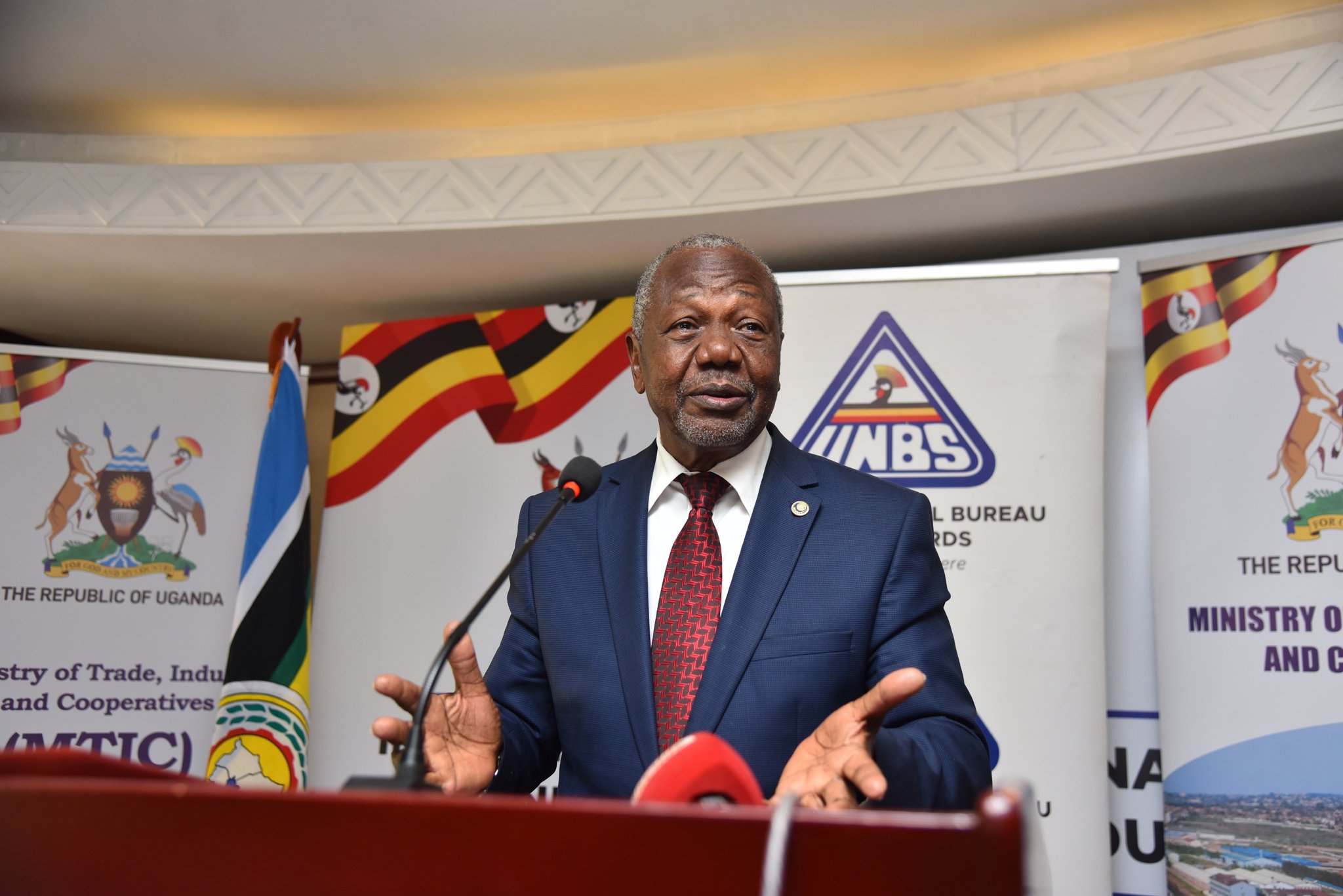Will a Christian eat meat slaughtered by a Muslim after the Islamic Halal policy is passed?
The MPs believe that once the regulations are set in that line reserving Muslims as the only people to slaughter animals in Uganda, it will enable the country to tap into the lucrative Arab- Islamic beef market.

Members of Parliament are saunting into a muddy and very risky religious territory. The MPs who spoke in Parliament on Monday expressed a desire and want the government to expedite the enactment of regulations on the Islamic Halal policy. The policy seeks to restrict the slaughtering of animals to Muslims, among other things.
The MPs believe that once the regulations are set in that line reserving Muslims as the only people to slaughter animals in Uganda, it will enable the country to tap into the lucrative Arab- Islamic beef market.
Govt losing billions of money
While appearing before the Trade Committee, Harriet Ntabazi the Minister of State for Trade informed Parliament’s Trade Committee, that the absence of regulations and a policy in Uganda still results in the government losing billions of money.
She said the enactment will have to require people involved in the production and processing of meat, goat’s meat, and mutton to possess halal certificates in order to earn foreign exchange in Arab countries.
“Qatar has a very big market for beef, mutton, and goat’s meat. Uganda has the beef, goat’s meat, and mutton, but the challenge is only one, we don’t have the halal certificates,” the minister told a Parliament sitting.
“We have the goats, cows, and sheep slaughtered here, and it is very impossible to export live cows, goats, or sheep, they don’t want it, they want beef, goat’s meat, and mutton. It is Kenya which has the certificate, so all the cows, goats and sheep in Uganda are being ferried to Kenya to be cut there,” she added.
No Islamic Halal law a disadvantage
Yusuf Mutembuli (Bunyole West MP) noted that although the Islamic nations do expect Uganda to come up with a law that only Muslims should slaughter animals, Uganda doesn’t have such a law and instead, the country relies on customs, culture, and Islamic understanding, which isn’t enough and could explain the skepticism the Islamic nations have towards consuming Uganda meat products.
“Islamic countries fear that because we don’t have a policy that restricts the slaughtering of animals to only Muslims, they can’t be sure that the meat we are transporting to their country has been slaughtered by Muslims,” Mutembuli stated.
“To them, they are a little bit hesitant and doubtful whether what we send outside is halal that is their greatest fear. Otherwise to them, if we had a law and they look at it that it is solely Muslims who are supposed to slaughter either chicken or goat’s meat, perhaps that would comfort them and they say, that is the position of the law in that country,” he added.
Need for an honest discussion over the matter
Mutembuli called on Ugandans to consider having an honest discussion on the debate of having halal policy implemented in the country, if it is interested in the commercial aspect it would bring to the country.
“If we feel that business is important, I think it is an eye opener that we decide that whichever meat is slaughtered must be by a Muslim. Time is now for us to think about it if we can come up with a law restricting it,” Mutembuli said.
“But the practice is, every meat that is sold on the market is slaughtered by a Muslim that is what I know in this country, but as far as I know, we don’t have a law that restricts the animals by Muslims, it is only one animal that a Muslim can’t slaughter, that you know,” he added.
Meat must meet halal standards
Abed Bwanika (Kimanya Kabonera Division MP) argued that every market is specific in terms of the requirements and when we talk about the beef industry and the Muslim world, the market requires that the meat meets the standard of halal. This, he said, calls for the need by government to come up with regulations within our law to provide for halal production and processing.
“It is a very huge market, not only in Qatar, but Kuwait, Saudi Arabia, Egypt, United Arab Emirates among others. Our meat is one of the highest quality meats in the world, it tastes well, and it has a good aroma that blends the fat and the meat. And the Arab world is looking for this meat, but we don’t have the quantities.
“We must put enough funds in our agriculture sector, not just 3% of the national budget, we must put 10% of the national budget into agriculture so that we can use it to create jobs, alleviate poverty, and also earn foreign exchange,” said Bwanika.
Sheik Mubajje speaks out
It should be noted that on July 20th this year, the Mufti of Uganda, Sheikh Shaban Ramadhan Mubajje while paying a courtesy visit to the Speaker of Parliament, commented on the same matter saying that the Constitution of the Republic of Uganda, Uganda has no state religion and prohibits religious discrimination but provides for freedom of belief, and the right to practice and promote any religion consistent with the law.
“Muslims have never made a mistake in their way of providing halal meat for the consumers, but those who are fighting it have ill intentions of bringing meat which isn’t good to the public because they think they can do anything, and anybody can eat. So, we are requesting that that position is maintained and enshrined in law,” he said.
Origin of Muslim slaughterers
In 2008, The New Vision in an article titled, “Why Muslims take charge of animal slaughter,” traced the practice in Uganda, back to the reign of Buganda Kingdom’s Kabaka Mutesa I. Mutesa, according to New Vision, issued a decree for Muslims to slaughter animals since their faith prohibits them from eating meat slaughtered by non-Muslims.
However, sections of non-Muslims have called for the liberalization of the practice, arguing that reserving it for Muslims discriminates them from the economic benefits that accrue from providing the service.
Article 23 (1) & (2) of the Constitution of the Republic of Uganda stipulates; “Every individual shall be entitled to the enjoyment of the rights and freedoms recognized and guaranteed in the present Charter without distinction of any kind such as race, ethnic group, colour, sex, language, religion, political or any other opinion, national and social origin, fortune, birth or other status,”
Religious Court precedence
In 2010, the Constitutional Court in Sharon and Others Vs Makerere University quashed the appellants’ prayer for a declaration that the University policies and regulations of scheduling lectures, mandatory tests, and examinations on ‘Sabbath’ (Saturday) day were inconsistent with Articles 20, 29 (1) (c), 30 and 37 of the Constitution against their freedom of worship as Seventh Day Adventists.
In his ruling, former Chief Justice, Benjamin Odoki argued that in exercising the right to freedom of religion, the fundamental rights and freedoms of others and/or the public interest as provided for under Article 43 must not be compromised.







